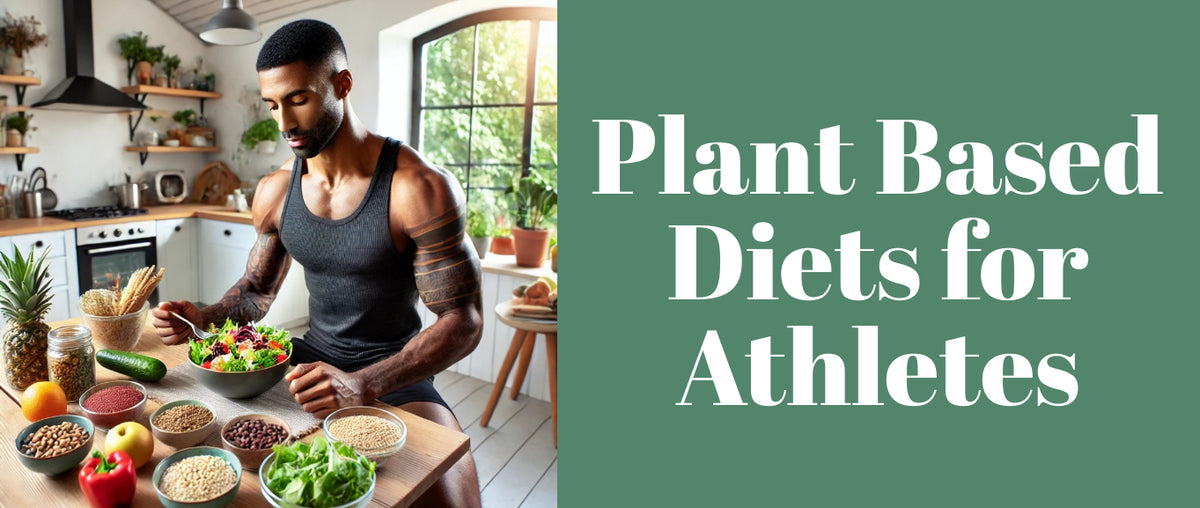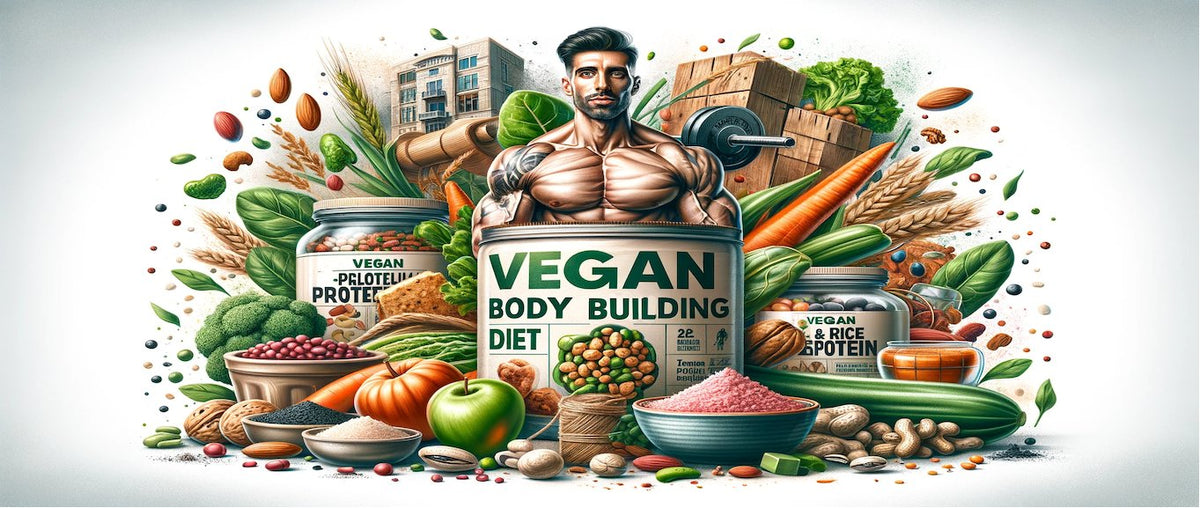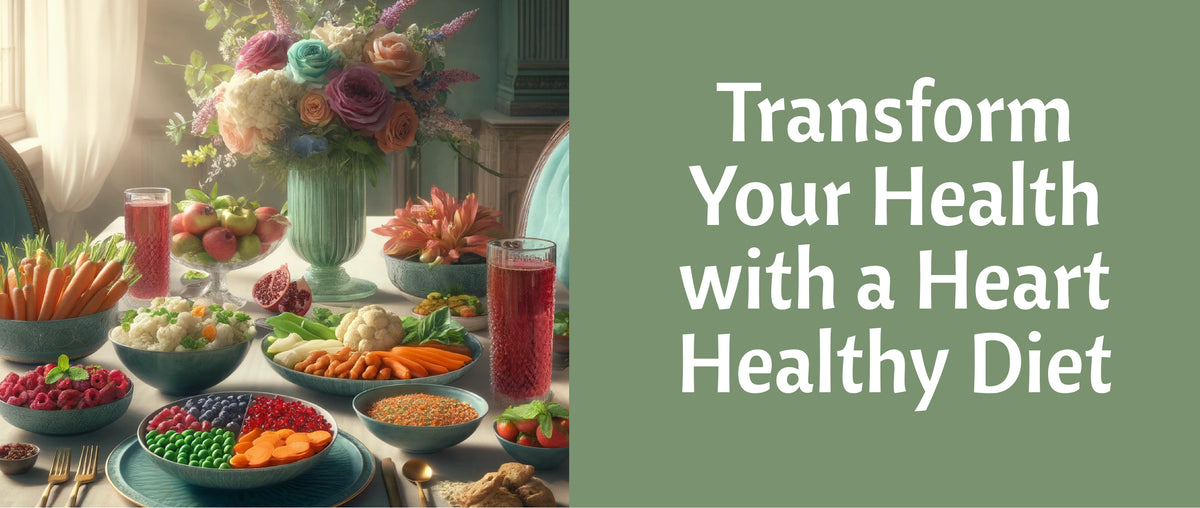Plant Based Diets for Athletes
Athletes are increasingly turning to plant based diets to enhance their performance, improve recovery, and support overall health. By focusing on whole, unprocessed plant foods, athletes can gain the benefits of a nutrient-rich diet that supports high levels of physical activity. This article explores the essential nutrients, meal planning strategies, and success stories of Plant Based athletes to provide a comprehensive guide for those looking to optimize their performance through a Plant Based diet.
Why Choose a Plant Based Diet?
Benefits of Plant Based Diets for Athletes
- Improved Heart Health: Lower cholesterol levels and reduced risk of heart disease.
- Reduced Inflammation: Antioxidant-rich foods help decrease inflammation and aid in recovery.
- Enhanced Recovery: Nutrient-dense foods speed up muscle repair and reduce soreness.
- Increased Energy Levels: High carbohydrate intake from plant foods fuels workouts and competitions.

Essential Nutrients for Plant Based Athletes
Protein
- Sources: Lentils, chickpeas, tofu, tempeh, quinoa, and hemp seeds. Incorporating High Protein Vegan Food like tofu and tempeh can help meet protein requirements.
- Importance: Essential for muscle repair and growth.
- Daily Requirement: Endurance athletes: 1.2-1.4 g/kg, Strength athletes: 1.6-1.7 g/kg.
Iron
- Sources: Spinach, lentils, chickpeas, pumpkin seeds, and quinoa.
- Importance: Crucial for oxygen transport and energy production.
- Enhancement: Consuming vitamin C-rich foods with iron-rich foods to enhance absorption.
Calcium
- Sources: Fortified plant milks, tofu, almonds, and leafy green vegetables. Using Plant Based foods like fortified plant milks can ensure adequate calcium intake.
- Importance: Vital for bone health and muscle function.
Omega-3 Fatty Acids
- Sources: Flaxseeds, chia seeds, walnuts, and algae supplements.
- Importance: Essential for reducing inflammation and supporting cardiovascular health.
Vitamin B12
- Sources: Fortified foods and supplements.
- Importance: Critical for nerve function and the production of red blood cells.
Vitamin D
- Sources: Sunlight, fortified foods, and supplements.
- Importance: Important for bone health and immune function.
Meal Planning for Optimal Performance
Pre-Workout Nutrition
- 2 Hours Before: Oatmeal with fruit, nuts, or seeds; or toast with nut butter.
- 1 Hour Before: White rice or potatoes for quick energy.
- Less Than an Hour Before: High-sugar fruits like bananas or dates.
During Workout Nutrition
Recommendations: Consume 30-60 grams of carbohydrates per hour for workouts longer than one hour.
Options: Bananas, medjool dates, raisins, and energy gels.
Post-Workout Nutrition
- Timing: Consume a meal within an hour after finishing your workout.
- Components: Include carbohydrates and protein in a 3:1 ratio for optimal recovery.
Sample Meal Plan for Plant Based Athletes
Breakfast
- Smoothie: with spinach, banana, protein powder, and almond milk.
- Whole-grain toast: with avocado and tomato.
Lunch
- Quinoa salad: with chickpeas, mixed vegetables, and tahini dressing.
- Fresh fruit on the side.
Dinner
- Stir-fry: with tofu, broccoli, bell peppers, and brown rice.
- Mixed greens salad: with a lemon-tahini dressing.
Snacks
- Apple slices with almond butter.
- Homemade energy bars made with oats, nuts, and dried fruit.
Supplementation Needs
Common Supplements
- Vitamin B12: Essential for all Plant Based athletes.
- Vitamin D: Especially important during the winter months.
- Omega-3 Fatty Acids: DHA and EPA from algae sources.
- Iron: If blood tests indicate a deficiency.
- Protein Powders: For those struggling to meet protein requirements through food alone.
Effective Strategies for Plant Based Athletes
Incorporating High Protein Vegan Foods
Athletes require high-protein foods to support muscle repair and growth. Some excellent High Protein Vegan Food options include:
- Tempeh: A fermented soybean product with a nutty flavor and high protein content.
- Seitan: Made from wheat gluten, seitan is an excellent meat substitute rich in protein.
- Lentils: Versatile and nutrient-dense, lentils provide a substantial amount of protein per serving.
Meal Timing and Nutrient Distribution
Proper meal timing and nutrient distribution are crucial for optimizing performance and recovery. Here’s a guideline for meal timing:
- Pre-Workout: Consume a balanced meal 2-3 hours before exercising, including carbohydrates, protein, and healthy fats.
- During Workout: For sessions lasting over an hour, consume easily digestible carbohydrates to maintain energy levels.
- Post-Workout: Consume a meal rich in protein and carbohydrates within 30 minutes to an hour after your workout to enhance recovery.
Hydration Strategies
Staying hydrated is vital for all athletes. Plant Based athletes should focus on the following hydration strategies:
- Drink Water: Regularly throughout the day, aiming for at least 8-10 glasses.
- Electrolytes: Consume electrolyte-rich drinks, especially during intense or long-duration workouts.
- Kombucha: A fermented tea that can aid in hydration and provide beneficial probiotics.
The Role of Healthy Fats in a Plant Based Diet
Importance of Healthy Fats: Healthy fats play a crucial role in hormone production, energy storage, and cell membrane function. Plant Based sources of healthy fats include:
- Avocados: Rich in monounsaturated fats and vitamins.
- Nuts and Seeds: Provide essential fatty acids and protein.
- Oils: Such as olive oil and coconut oil, which are excellent for cooking and dressing salads.
Balancing Fat Intake: While fats are essential, balancing your intake is crucial to avoid excessive calorie consumption. Incorporate fats from whole foods rather than processed sources to maintain a healthy diet.
Incorporating Plant Based Proteins into Your Diet
High Protein Vegan Breakfast Options
- Tofu Scramble: Made with tofu, vegetables, and spices.
- Protein Smoothie: Blend Oat Milk, spinach, berries, and protein powder for a nutrient-packed meal.
- Chia Pudding: Chia seeds soaked in almond milk with fruits and nuts.
High Protein Snacks
- Trail Mix: A mix of nuts, seeds, and dried fruits.
- Hummus and Veggies: A classic snack that is both tasty and nutritious.
- Energy Balls: Made with oats, nut butter, and protein powder.
Success Stories of Plant Based Athletes
Prominent Plant Based Athletes: Numerous elite athletes have successfully transitioned to Plant Based diets, reporting significant improvements in performance and overall health. Some notable Plant Based athletes include:
- Scott Jurek: Ultramarathon runner and author.
- Rich Roll: Ultraman athlete and podcaster.
- Venus Williams: Professional tennis player.
Personal Testimonials: Athletes who have adopted a Plant Based diet often share personal testimonials highlighting their positive experiences. These testimonials emphasize improved recovery times, increased energy levels, and overall better health.
Conclusion
Adopting a Plant Based diet can offer numerous benefits for athletes, from enhanced performance and faster recovery to long-term health improvements. By focusing on nutrient-dense foods and appropriate supplementation, Plant Based athletes can meet their dietary needs and excel in their sports.
Do you enjoy vegan food? We have a list of vegan restaurants in India to help you find delicious options in your area!










